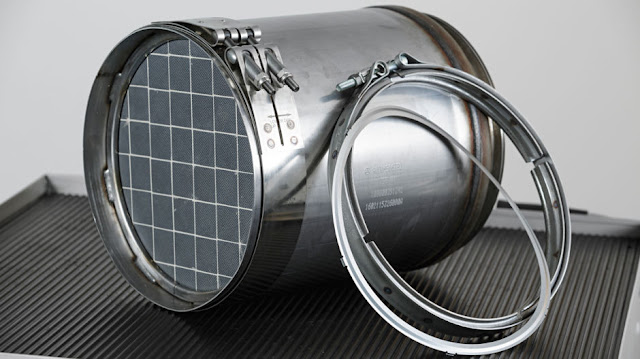A NEED TO CONVERT DIESEL ENGINE TO CNG GAS ENGINES IN NIGERIA

This is no longer news that the price of Automotive Gas Oil (Ago) also known as diesel has gone up in a geometric progression in the last six months from around N250 to N850 in the month of June,2022 that is a whopping 29.41% in less than six months! This increase is not only a domestic issue but a global problem which was made worse by the Russian-Ukraine war. This situation has deeply affected the global and local supply chain activities. It has destroyed global economy and made many countries fall into recessions that has never being seen in decades. The inflation figures continue to skyrocket and to make matters worse for Nigerians it has affected the supply of petrol which has presently resulted to petrol scarcity in the major cities. The future doesn’t seen bright as it is projected that diesel is likely to be sold between N1200 -N1500 in 2 weeks (first week of July, 2022) since the product has been deregulated for some years now. We do not need a soothsayer to inform us that t



